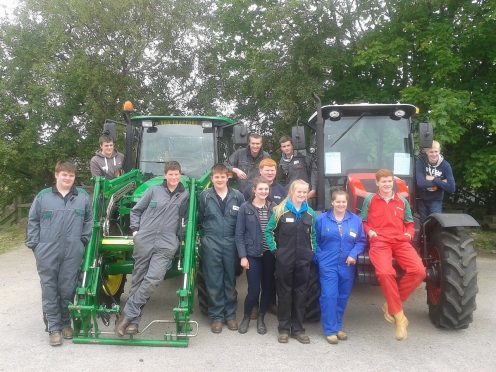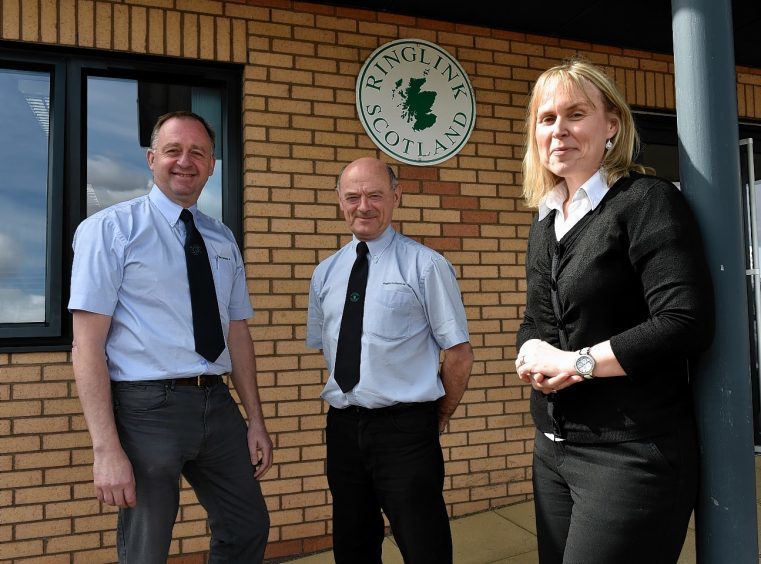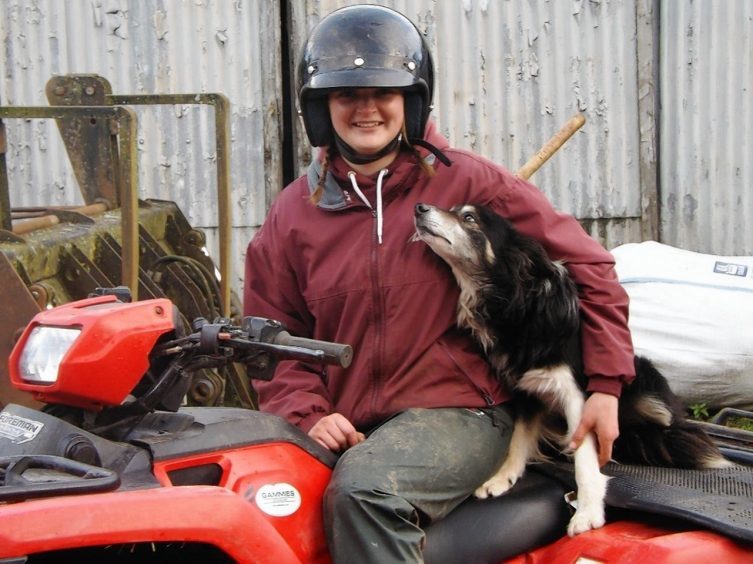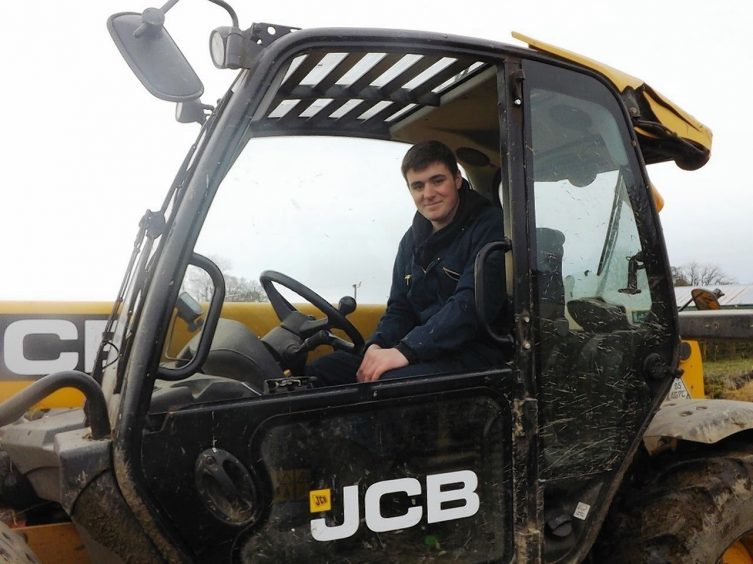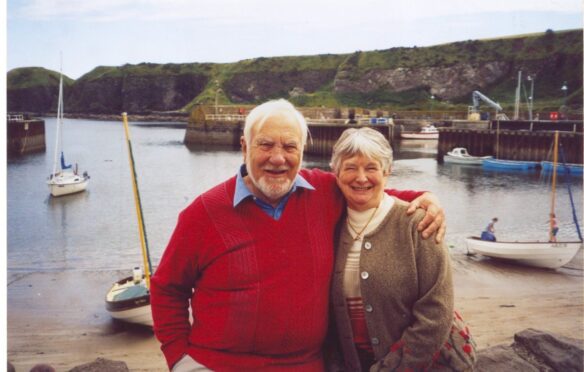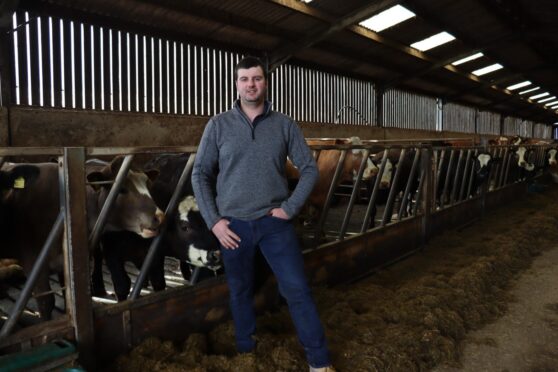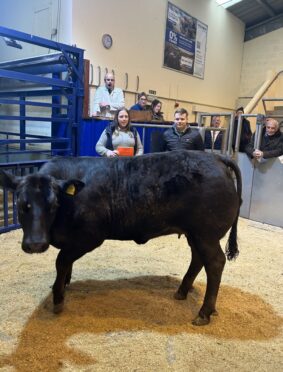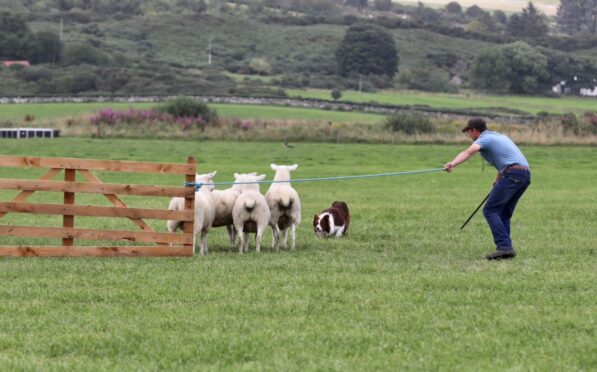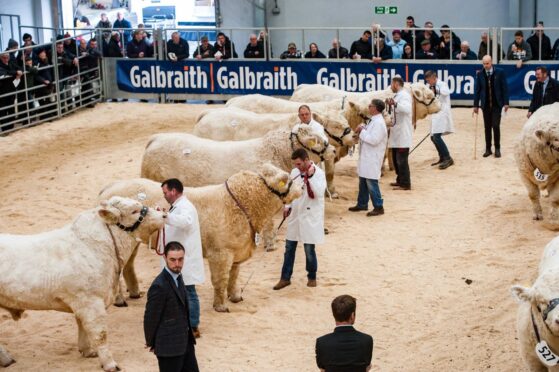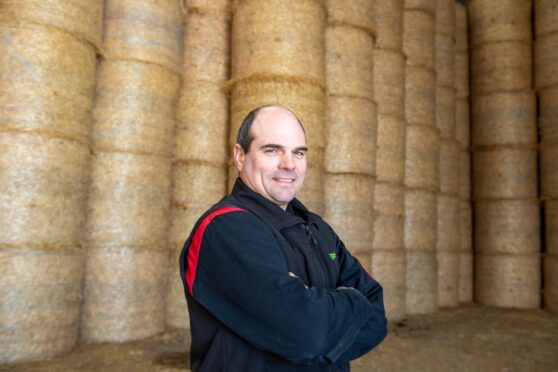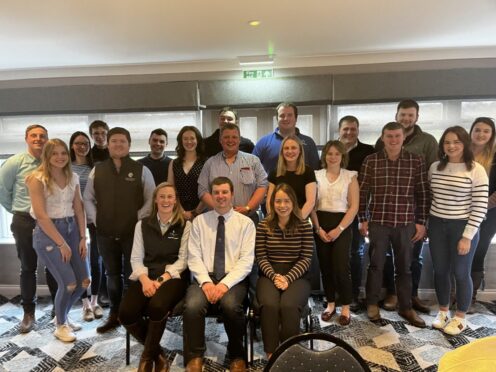Ringlink is currently in the process of selecting 15 youngsters to take part in its land-based internship programme.
The organisation, which is Scotland’s largest machinery ring, received a record number of 54 applications for the scheme this year – up 46% on last year.
It is now on the hunt for farmers in a number of regions across Scotland to open up their businesses and share their knowledge with these youngsters.
Now in its fifth year, the programme sets out to provide young people with a broad overview of work in the rural sector through a programme of training and mentoring.
Ringlink managing director, Graham Bruce, said the scheme was launched to provide a starting point for youngsters wishing to pursue a career in the rural sector.
He said it was heavily reliant on financial support from Ringlink and its supporters as it faces financial pressures.
The current supporters are: the Mains of Loirston Charitable Trust; AHDB; AgriScot; the Royal Northern Agricultural Society; and SRUC. Other forms of support are also received from several leading industry businesses.
The scheme is not eligible for educational funding as it is not an accredited course and wage rules, set by the Scottish Agricultural Wages Board (SAWB), mean farmers are required to pay the youngsters the same rate as older, more experienced workers.
Mr Bruce said the Ringlink board had agreed to increase the number of places available from 12 to 15 this year, which creates a shortfall of as much as £34,000 for the scheme, although additional funding support is being investigated.
Ringlink’s marketing and development manager Gail Robertson, who runs the scheme, said: “The success of the programme has been based around locating business placements close to home because the majority of our applicants are 16 and 17-year-olds. We try and get a placement within a 10-mile radius of where they [intern] live, and we now want mentors to come forward in certain areas.”
The areas where mentors are sought are: Huntly, Ellon, Inverurie, Forres, Blairgowrie, Glamis. Bridge of Don, Portsoy and Crieff.
Mrs Robertson said mixed arable and livestock farms were preferable and interns were happy to get stuck in with anything.
She said the ideal candidate for a mentor was someone who was keen to share their knowledge and wisdom with a younger person.
Mentors must have a mixture of full-time work available for a six-month period, and have a suitable supervisor or mentor to coach the youngster on the farm.
Ringlink’s training manager, Peter Wood, said mentors would be given a full day of training before taking an intern onto their farm.
He said: “When we first started we didn’t realise the significance of the mentor. They play such an important role when you consider that they can contribute greatly to the interns lives as a whole.”
Ringlink estimates it costs around £6,000 to put each intern through the scheme.
Successful applicants are given up to £1,500 of training throughout the programme including a three-week induction period at SRUC’s Craibstone campus in Aberdeen, followed by 26 weeks of full-time employment with a mentor.
Mentors are charged £5.83 per hour for the intern’s wage, however the intern is actually paid £7.50 per hour thanks to the scheme topping up their pay. This is in line with SAWB pay rates.
Mr Bruce said Ringlink was currently in discussions with Skills Development Scotland to get the course accredited with SRUC as a pre-apprenticeship in agriculture.
It is hoped this will be achieved by the end of May and enable a national roll-out of the scheme and for the youngsters taking part to get access to educational funding.
Any farmers wishing to volunteer themselves as mentors for the scheme are asked to contact Mrs Robertson at Ringlink’s head office in Laurencekirk on 01561 377790.
